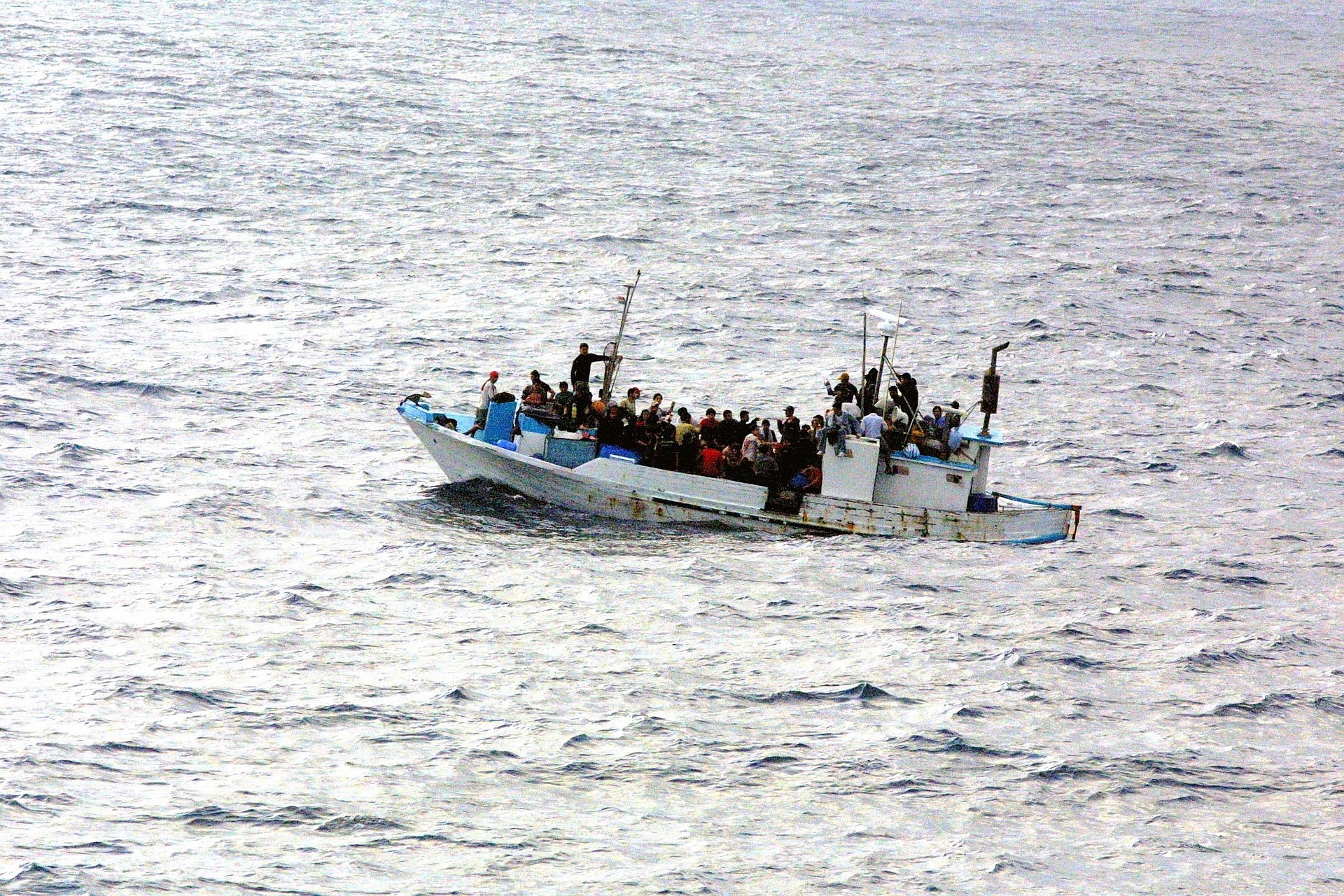Transition From Fighting War to Fighting PTSD: A Refugee Crisis
"I would be confused if I didn’t hear or see airstrikes, because it happened so often"
– an adolescent refugee
Lately there has been a lot of buzz around refugee crisis globally. When ordinary people are exposed into a life surrounded by bombs, violence and political persecution, there are catastrophic changes to the mental health. However, the sad news is there is not much knowledge or resources to tackle the mental health crisis. According to a report from Save the Children, 45 per cent of Syrian refugees suffered from Posttraumatic Stress Disorder (PTSD). A shocking 80 per cent of the children have become more aggressive in behaviour, 71 per cent suffer from frequent bedwetting.
Post-Traumatic stress disorder is a mental health condition that people develop after witnessing life threatening events such as war, car accidents, sexual violation etc. Typical symptoms of PTSD include panic attacks, anxiety, self-harm, loss of trust and interest, irritability, aggressive behaviours, loss of appetite, and in severe cases suicide.
Here I would like to shed light on PTSD among refugees, especially from the Syrian region. Many Syrian refugees have witnessed their homes being bombed, their family member missing or kidnapped or worse. The next challenge was to leave their homes overnight, cross the water and arrive in a new land.
While they are fleeing to the land of the unknown, trying to get a new life for themselves with a new home, new job, new language—can they really be bothered about their mental health? How many people actually contemplate on it and seek support? Many humanitarian organisations concentrate on provision of food, water and shelter (which is an incredible thing), However, there is also a dire need of organisations that focus on mental health services to work in collaboration with humanitarian NGOs for a better quality of life for the refugees.
It is not only the traumatic experience of running away from the war zone that affects the refugees, it is also the trauma of living in the refugee camps. With limited resources, and constantly surrounded by pain and hopelessness, camps have a negative effect on mental health too. In addition, when they leave the camps to a foreign country for resettlement, there is again a stress of learning about the new community, new language and culture. The fear of “not fitting in” causes spikes of PTSD. My question is how do we end this? There are a lot of causes to this core problems and lack of resources that hinder the possibility of solutions currently.
You would think that organising counselling opportunities and mental health services would solve the problem. Unfortunately it doesn’t end there. When I was in Berlin for business, I came across mental health professionals working really hard to accommodate appointments for refugees. Some confessed that although there were clinics in place, immigrants often do not take full advantage of the facility. While some are hesitant to speak about their mental health because of the stigma, for some it is the language barrier. Some like to remain low and not come out of the houses at all. So my question again is “How do we end this?”
This article was authored by me for PSYCHREG, resource for behavioral psychology.